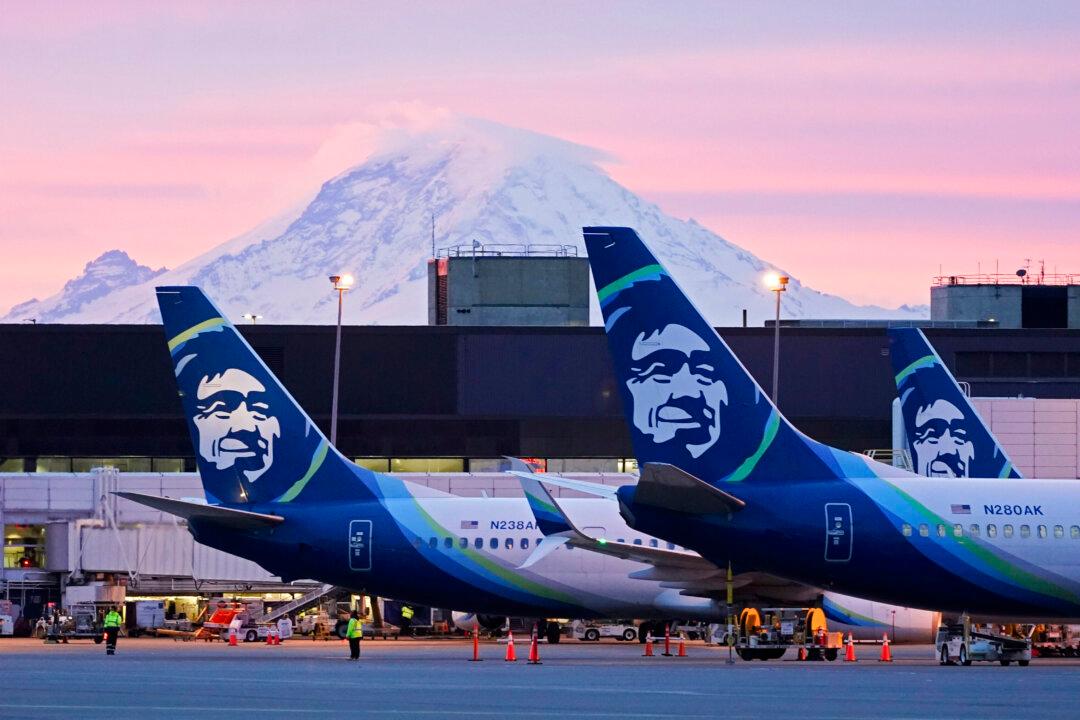The Seattle-Tacoma International Airport (SEA) in Washington is facing disruptions following a potential network breach as authorities ask travelers to confirm flight status with their airlines.
“The Port of Seattle, including SEA Airport, is experiencing an internet and web systems outage, which is impacting some systems at the airport,” the Seattle-Tacoma International Airport said in an Aug. 24 post on social media platform X.





